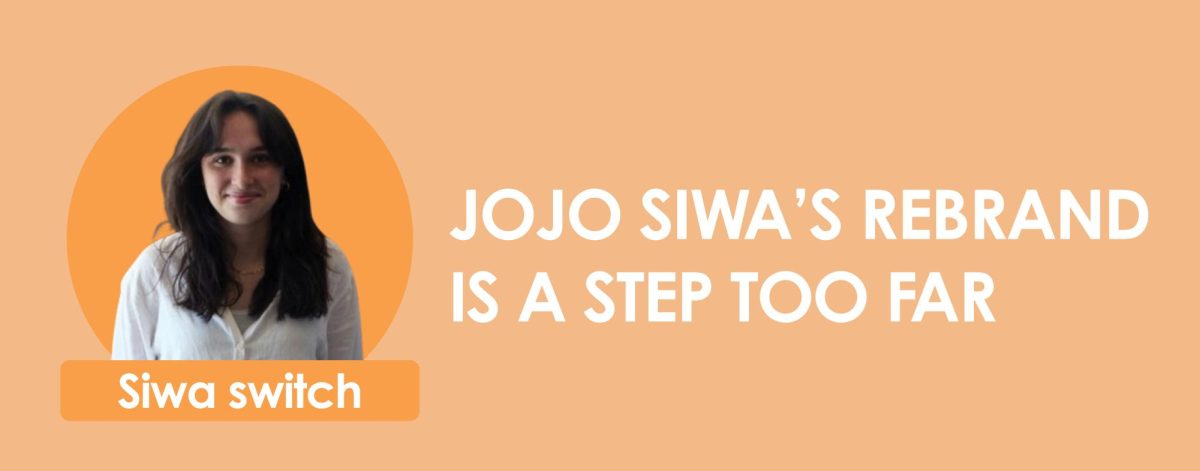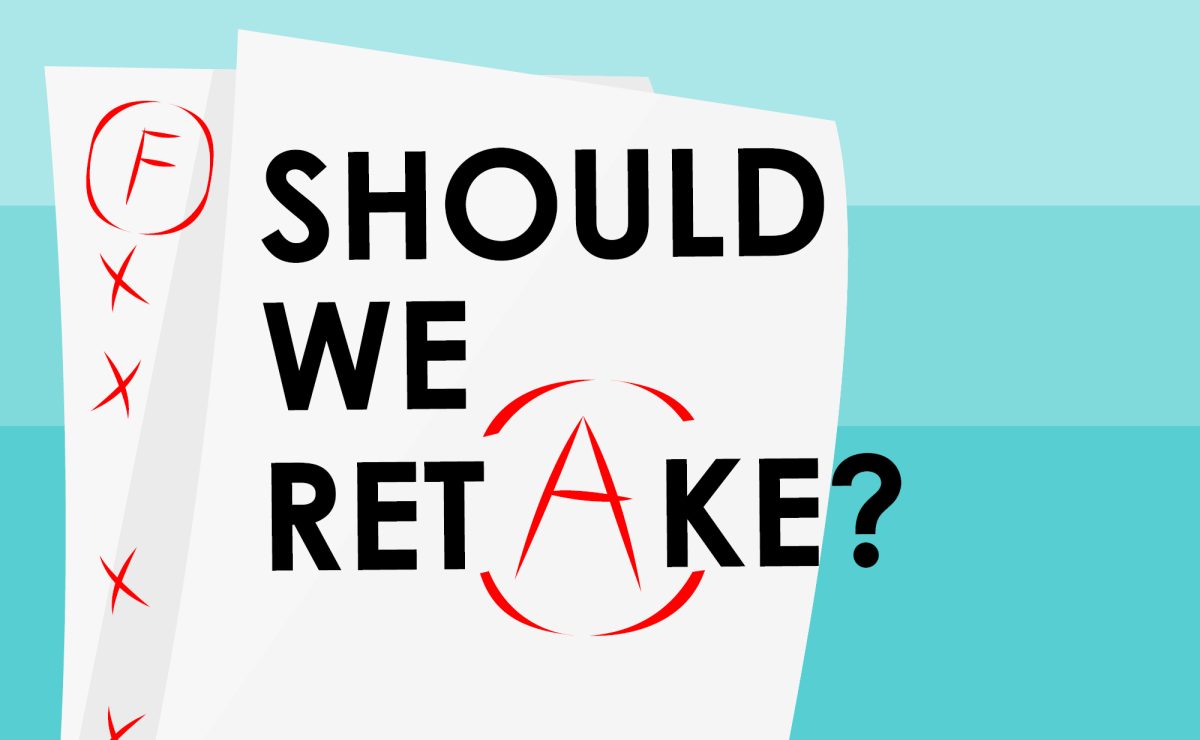HiLite Staff
Starting next year, the school will be testing a new grading policy in which grades are solely a measure of how well a student knows the material, instead of taking miscellaneous behavioral factors into account. For example, late and missing assignments will result in disciplinary action for students instead of affecting them academically.
The school’s current policy allows students to willingly take a “zero” for a missing assignment because they feel they can afford to lose those points in their overall grades. If missing an assignment becomes a disciplinary issue, students will have no choice but to turn their homework and other assignments in. Possible ways to enforce these standards will be academic detentions, in which students must stay after school to finish their work. However, the question arises: is this necessary?
In college and other post-high school educational institutions, grades will be judged in a more similar manner to how they have been in high school up until now. Missing assignments will still be allotted a “zero” instead of a detention. If students grow up in the educational system with disciplinary action, the sudden loss of points may come off as strange. This is especially true for students who are used to disciplinary action for reasons aside from late and missing work.
If students are accustomed to being punished for school rule violations, but desire to do well academically, he or she may take advantage of this policy. In the same way many students currently miss assignments because they simply do not care about losing those points, similar problems could also arise with this policy.
However, it is important to respect the administration’s wishes. According to Principal John Williams, the policy is meant to be a statement from the school stressing the importance of completing work. That message will only get across to the students if they fully cooperate with the idea. By staying open to the new grading policy and not finding loopholes to abuse it, students will be helping themselves as well as the faculty in testing this new idea.
Because next year is only a test year for the program and the change is gradual, the transition between the current grading policy and the new one should be smoother. According to Assistant Principal Rhonda Eshleman, the 2011-2012 school year will provide an opportunity for some teachers to pilot the program. It will not be enforced at a school-wide level. Students should look at this as a chance to pilot the program themselves and should cooperate with the new policies to give the administration an understanding of whether or not they should be implemented completely the next school year. Without student cooperation, the program will suffer and results will not be accurate.
The administration will only come to a final decision concerning the CHS grading standard at the end of the next school year. If students attempt only to work around the policies, and find ways to continue not completing their work, instead of abiding by its rules, the school cannot come to an accurate understanding of the successfulness of its reforms. This can only be counterproductive to the student body and school as a whole.
Students should also embrace the program because of the leniency provided when it comes to cheating. Prior to this reform, the school has not had a comprehensively outlined cheating policy. But according to Jeremy Weprich, member of the CHS grading committee and student body president, under these possible changes, a student who is caught cheating will have a chance to earn himself the grade he would earn without cheating by taking the test at a different time. This is in contrast to earning a zero on the grade, which is misrepresentative of the student’s academic knowledge and only measures behavioral actions.
Though there are questions to be asked about the new policies, as there are with all reforms, students should keep their minds open to the changes that will come next school year.



















































![Review: “Suits” is a perfect blend of legal drama and humor [MUSE]](https://hilite.org/wp-content/uploads/2024/04/unnamed-1.png)
![Chelsea Meng on her Instagram-run bracelet shop [Biz Buzz]](https://hilite.org/wp-content/uploads/2024/04/IMG_2446-1200x838.jpg)
![Review: Quiet on Set: The Dark Side of Kids TV is the long awaited exposé of pedophilia within the children’s entertainment industry [MUSE]](https://hilite.org/wp-content/uploads/2024/04/unnamed.jpg)
![Review: “The Iron Claw” cannot get enough praise [MUSE]](https://hilite.org/wp-content/uploads/2024/04/unnamed.png)
![Review: “The Bear” sets an unbelievably high bar for future comedy shows [MUSE]](https://hilite.org/wp-content/uploads/2024/03/unnamed.png)
![Review in Print: Maripaz Villar brings a delightfully unique style to the world of WEBTOON [MUSE]](https://hilite.org/wp-content/uploads/2023/12/maripazcover-1200x960.jpg)
![Review: “The Sword of Kaigen” is a masterpiece [MUSE]](https://hilite.org/wp-content/uploads/2023/11/Screenshot-2023-11-26-201051.png)
![Review: Gateron Oil Kings, great linear switches, okay price [MUSE]](https://hilite.org/wp-content/uploads/2023/11/Screenshot-2023-11-26-200553.png)
![Review: “A Haunting in Venice” is a significant improvement from other Agatha Christie adaptations [MUSE]](https://hilite.org/wp-content/uploads/2023/11/e7ee2938a6d422669771bce6d8088521.jpg)
![Review: A Thanksgiving story from elementary school, still just as interesting [MUSE]](https://hilite.org/wp-content/uploads/2023/11/Screenshot-2023-11-26-195514-987x1200.png)
![Review: When I Fly Towards You, cute, uplifting youth drama [MUSE]](https://hilite.org/wp-content/uploads/2023/09/When-I-Fly-Towards-You-Chinese-drama.png)
![Postcards from Muse: Hawaii Travel Diary [MUSE]](https://hilite.org/wp-content/uploads/2023/09/My-project-1-1200x1200.jpg)
![Review: Ladybug & Cat Noir: The Movie, departure from original show [MUSE]](https://hilite.org/wp-content/uploads/2023/09/Ladybug__Cat_Noir_-_The_Movie_poster.jpg)
![Review in Print: Hidden Love is the cute, uplifting drama everyone needs [MUSE]](https://hilite.org/wp-content/uploads/2023/09/hiddenlovecover-e1693597208225-1030x1200.png)
![Review in Print: Heartstopper is the heartwarming queer romance we all need [MUSE]](https://hilite.org/wp-content/uploads/2023/08/museheartstoppercover-1200x654.png)























![Review: Ladybug & Cat Noir: The Movie, departure from original show [MUSE]](https://hilite.org/wp-content/uploads/2023/09/Ladybug__Cat_Noir_-_The_Movie_poster-221x300.jpg)

![Review: Next in Fashion season two survives changes, becomes a valuable pop culture artifact [MUSE]](https://hilite.org/wp-content/uploads/2023/03/Screen-Shot-2023-03-09-at-11.05.05-AM-300x214.png)
![Review: Is The Stormlight Archive worth it? [MUSE]](https://hilite.org/wp-content/uploads/2023/10/unnamed-1-184x300.png)

